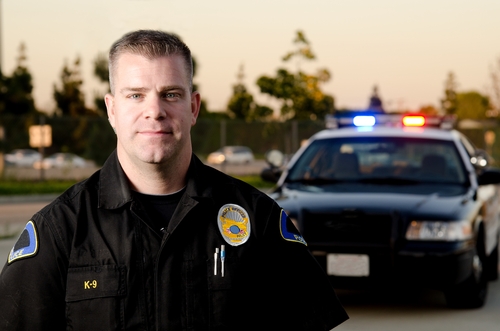Wage and hour is supposed to be simple, but it just refuses to be easy. Lots of jobs fall into that gray area between exempt and nonexempt. For clarification on specific jobs, we turned to BLR’s Wage & Hour Self-Audit Guide®.
 |
Athletic Trainers
Athletic trainers who have successfully completed 4 academic years of preprofessional and professional study in a specialized curriculum accredited by the Commission on Accreditation of Allied Health Education Programs, and who are certified by the Board of Certification of the National Athletic Trainers Association Board of Certification, qualify as exempt under the learned professional exemption.
Business Owners
Any person who owns at least 20 percent equity interest in the enterprise that pays his or her salary (regardless of amount) and who is actively engaged in its management is considered an executive under the law.
Chefs
Chefs, such as executive chefs and sous chefs, who have attained a college degree in a culinary arts program meet the primary duty requirement for the learned professional exemption. The learned professional exemption is not available to cooks who perform predominantly routine menial, manual, mechanical, or physical work.
Journalists
Journalists may qualify for the creative professional exemption if their work generally requires invention, imagination, originality, or talent. Writers for newspapers, news magazines, television programs, and the Internet and other media, for example, generally perform work involving originality and talent, such as:
- Conducting investigative interviews
- Analyzing or interpreting public events
- Writing editorials, opinion columns, or other commentary
- Acting as a narrator or commentator
Lawyers
Any employee who is the holder of a valid license or certificate permitting the practice of law or any of its branches and is actually engaged in the practice of law is exempt.
HR budget cuts? Let us help. HR.BLR.com is your one-stop solution for all your HR compliance and training needs. Take a no-cost, no-obligation trial and get a complimentary copy of our special report Critical HR Recordkeeping—From Hiring to Termination. It’s yours—no matter what you decide.
Medical Professionals
Dental Hygienists
Dental hygienists who have successfully completed 4 academic years of preprofessional and professional study in an accredited college or university approved by the Commission on Accreditation of Dental and Dental Auxiliary Educational Programs of the American Dental Association are generally exempt.
Medical Technologists (Registered or Certified)
Such individuals who have successfully completed 3 academic years of preprofessional study in an accredited college or university plus a fourth year of professional course work in a school of medical technology approved by the Council of Medical Education of the American Medical Association are considered exempt under the learned professional classification.
Nurses
Registered nurses who are registered by the appropriate state examining board are exempt learned professionals. However, licensed practical nurses and other similar healthcare employees do not generally qualify as exempt personnel, because possession of a specialized advanced academic degree is not a standard prerequisite for entry into such occupations.
Physician Assistants
Physician assistants who have successfully completed 4 academic years of preprofessional and professional study, including graduation from a physician assistant program accredited by the Accreditation Review Commission on Education for the Physician Assistant, and who are certified by the National Commission on Certification of Physician Assistants, are generally considered exempt professionals.
Public Sector
Police Officers, Firefighters, and Other First Responders
First responders generally do not qualify as exempt executives because their primary duty is not management.
Similarly, they are not exempt learned professionals because their primary duty is not the performance of work requiring knowledge of an advanced type in a field of learning customarily acquired by a prolonged course of specialized intellectual instruction. Although some first responders have college degrees, a specialized academic degree is not a standard prerequisite for employment.
Public Sector Inspectors or Investigators
Public sector inspectors or investigators, such as fire prevention or safety, building, or construction, health or sanitation, environmental or soils specialists, are generally nonexempt.
Find out what the buzz is all about. Take a no-cost look at HR.BLR.com, solve your top problem, and get a complimentary gift.
Veterans
Generally, veterans are not exempt administrative, executive, or professional employees on the basis of their status as veterans or their military training.
Technologists and Technicians
Technologists and technicians, such as engineering technicians, ultrasound technologists, licensed veterinary technicians, avionics technicians, and other similar employees, are not exempt because they generally do not meet the requirements for the learned professional exemption. They do not work in occupations that have attained recognized professional status, which requires an advanced specialized academic degree as a standard prerequisite for entrance into the profession.
In tomorrow’s Advisor, the tricky status of working supervisors and team leaders, plus an introduction to the all-things-HR-in-one-place website, HR.BLR.com.

Under which category does sanitation fall in to?